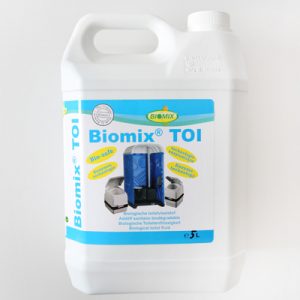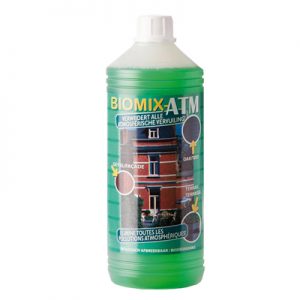Take a break and reset your tolerance
Content
This condition causes fat accumulation in the liver cells, causing inflammation and damage. Fatty liver disease can also lead to cirrhosis, a disease that causes scarring and liver failure. Alcohol tolerance can also cause damage to other organs, such as the brain, heart, and pancreas. 8 years of nursing experience in wide variety of behavioral and addition settings that include adult inpatient and outpatient how to build alcohol tolerance mental health services with substance use disorders, and geriatric long-term care and hospice care. He has a particular interest in psychopharmacology, nutritional psychiatry, and alternative treatment options involving particular vitamins, dietary supplements, and administering auricular acupuncture. Tolerance to alcohol is caused by changes in the functions and contact of neurotransmitters in the brain.
(The drug disulfiram, for example, causes this reaction on purpose as part of treatment for alcohol use disorder). But if you are unable to stop drinking alcohol, this reaction can be a serious problem indeed. Alcohol tolerance is a form of physiological adaptation that occurs when the body becomes accustomed to the presence of alcohol. The body achieves this by increasing the activities of enzymes that break down alcohol and decreasing the sensitivity of the brain’s reward system to alcohol. If you’re wondering how to build or increase your alcohol tolerance, you would need to start drinking more regularly, which in turn could lead to alcohol dependence.
Find Substance Use Disorder Treatment Services Near You
It’s considered that a moderate ethanol intake involves one standard drink for women and two standard drinks for men. Heavy drinking involves more than three standard drinks for women and four standard drinks for men. You can monitor the effects of booze by observing https://ecosoberhouse.com/ the drunken person or by using tools like breathalyzers, etc. The Blood Alcohol Concentration (BAC) is commonly used to classify the short-term symptoms, and warning signs of alcoholism that appear after certain amounts of booze have been ingested.
People who use slower variants of this enzyme are more likely to develop a resilience to booze and a dependence. As a rule of thumb, our bodies will metabolize one standard drink in one hour. Those who have no ADH cannot metabolize ethanol easily, so they manifest the symptoms faster than others. Sharma et al. (2014) showed that male mice that binge drank alcohol developed rapid tolerance to alcohol-induced increases in non-rapid-eye-movement sleep, measured by electroencephalography and electromyography. Male and female rats exhibited rapid tolerance to alcohol’s sedative effect during adolescence on postnatal day 36 and during young adulthood on postnatal day 56, whereas no rapid tolerance was observed in rats on postnatal day 16. On postnatal day 56, males exhibited greater sedation compared with females, but no sex differences in the development of rapid tolerance were observed (Silveri and Spear, 1999).
What alcohol is best for alcohol tolerance?
When you abruptly stop drinking, these compensations result in alcohol withdrawal symptoms, which range from uncomfortable to potentially life-threatening. Alcohol tolerance, which is often colloquially referred to as “holding your liquor,” tends to be viewed as a positive thing. It means that you can consume alcohol without showing signs of drunkenness, like slurred speech or behavioral changes. However, the development of alcohol tolerance can lead to further issues, such as physiological dependence and alcohol use disorder (AUD).
- A standard drink is defined as 4 oz of wines, one shot of 80 proof booze, or 14 ounces of beer.
- However, most cases of alcohol tolerance can be reset within one to two months of abstinence.
- In this complete guide, we will discuss all the tried and tested methods to gradually develop alcohol tolerance so you can drink without any impact on your behavior and physical state for the time being.
- There are well-established differences between men and women when it comes to alcohol abuse.
- Credentialed Physician with both American & Canadian Board of Family Medicine.






